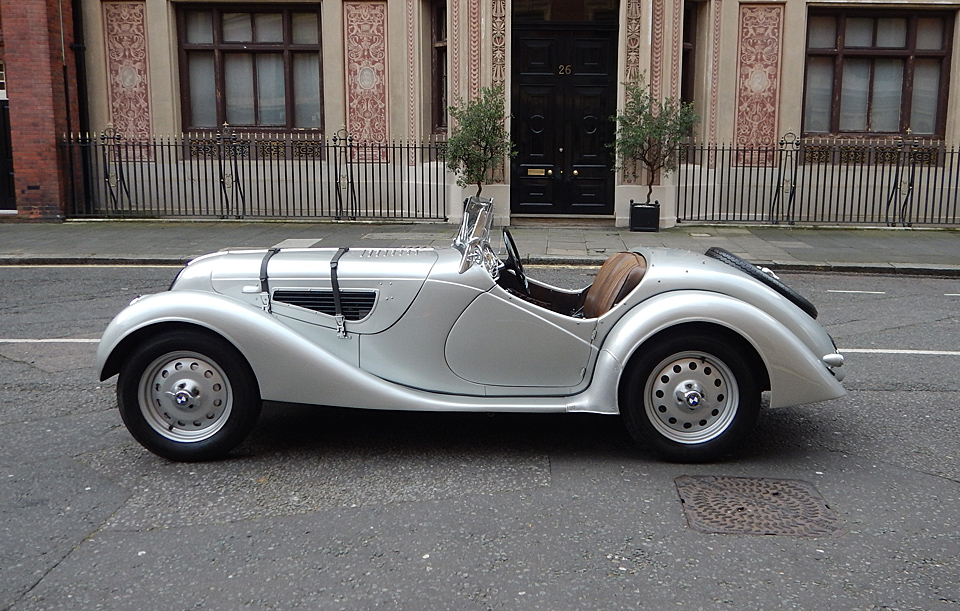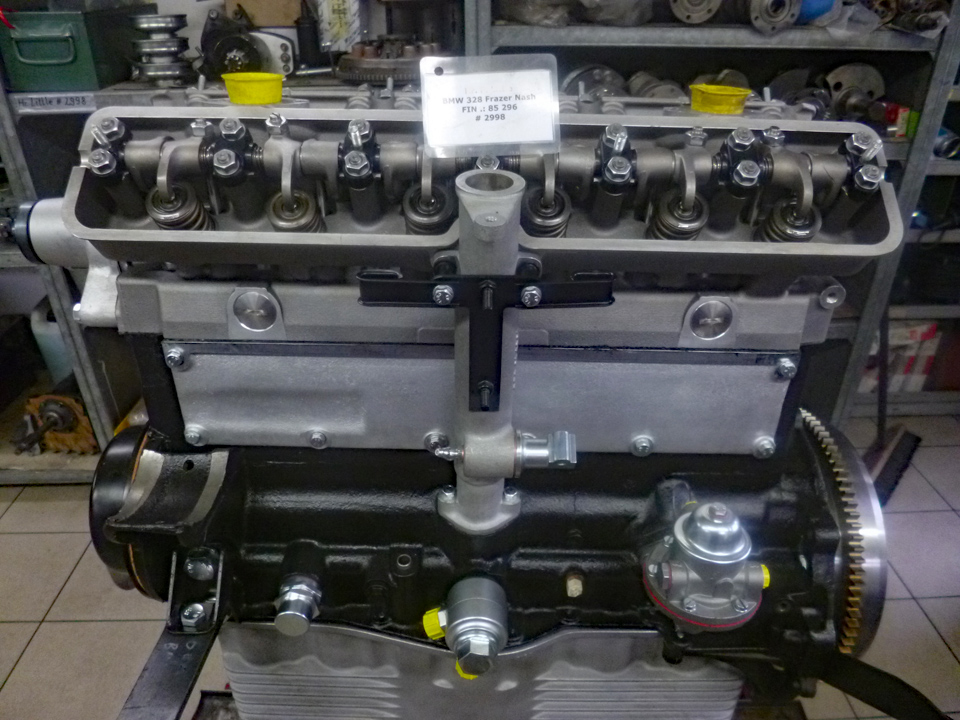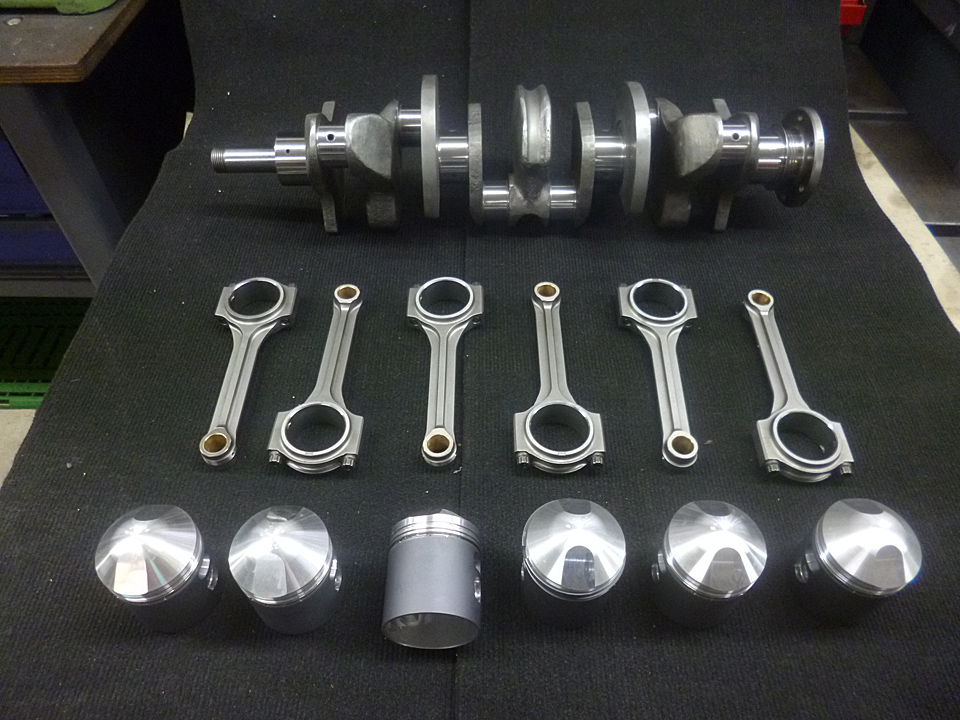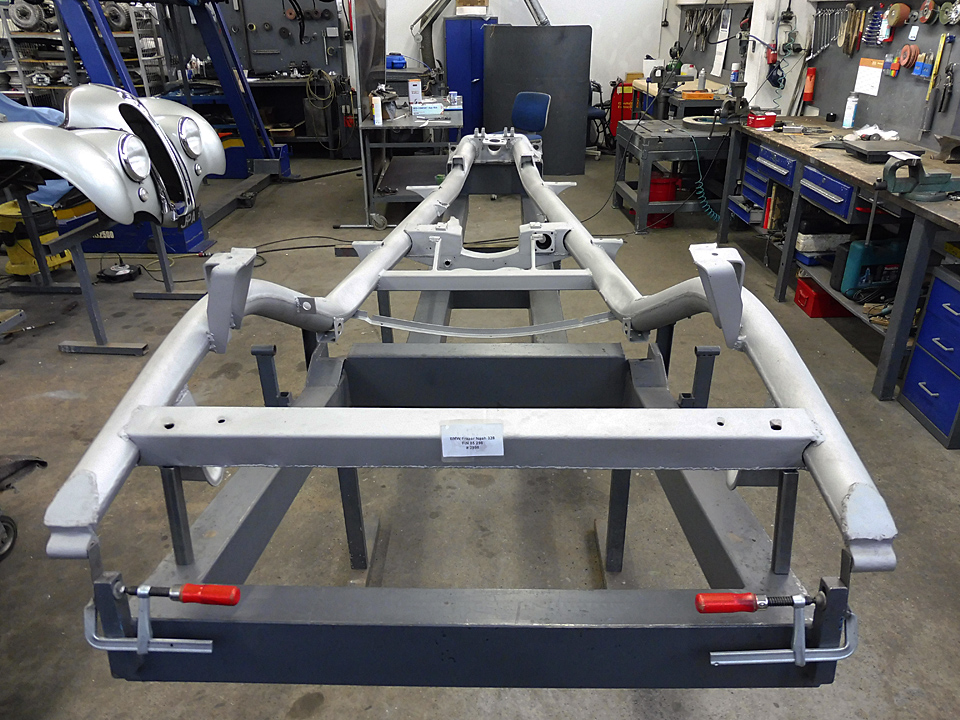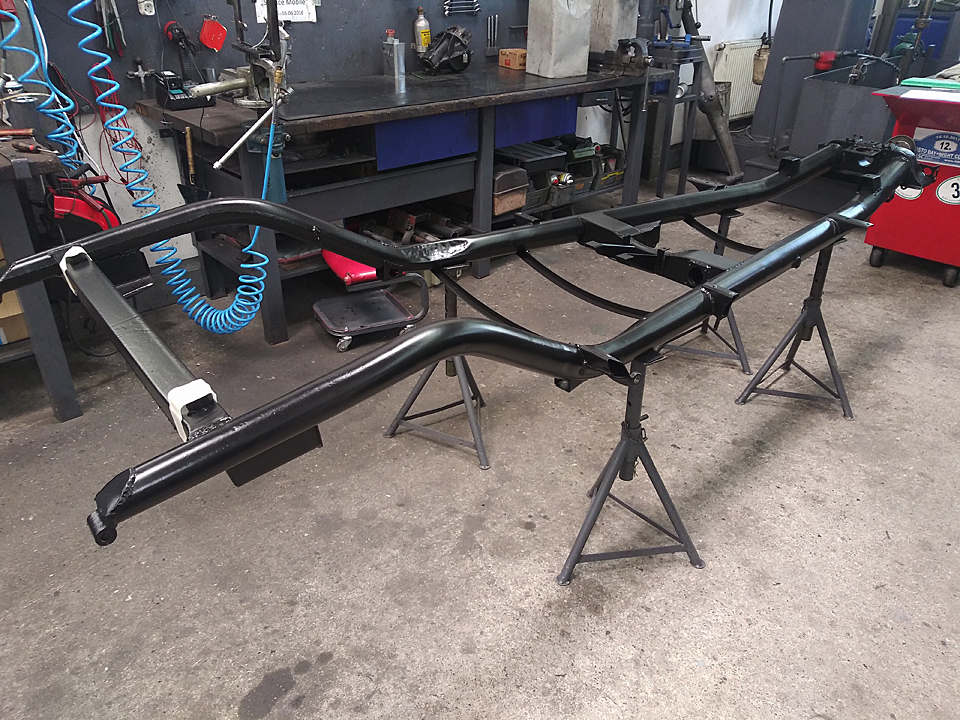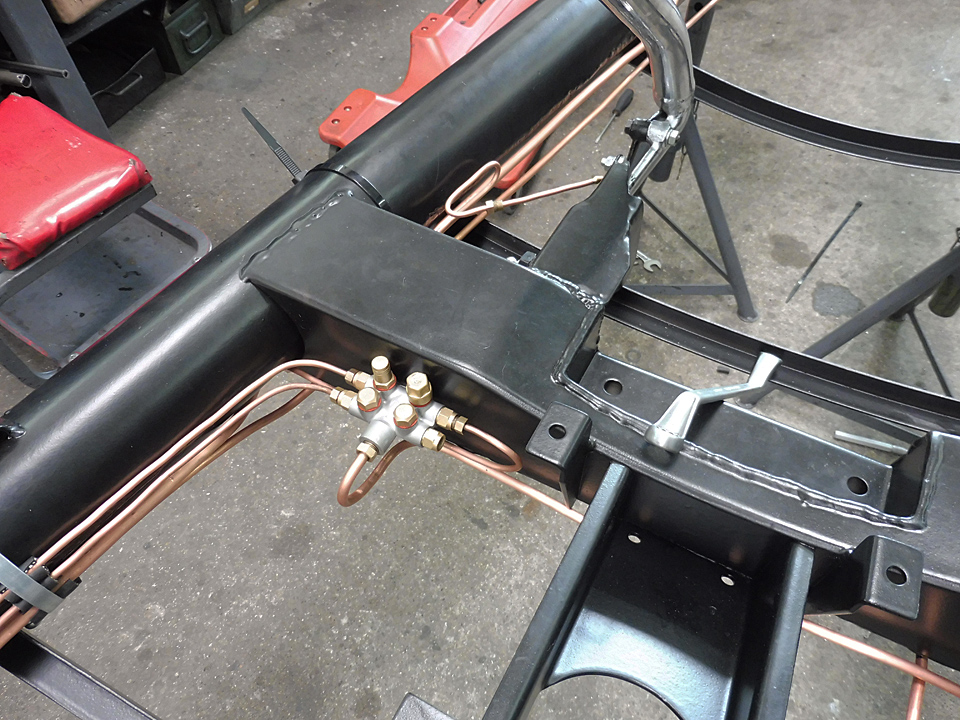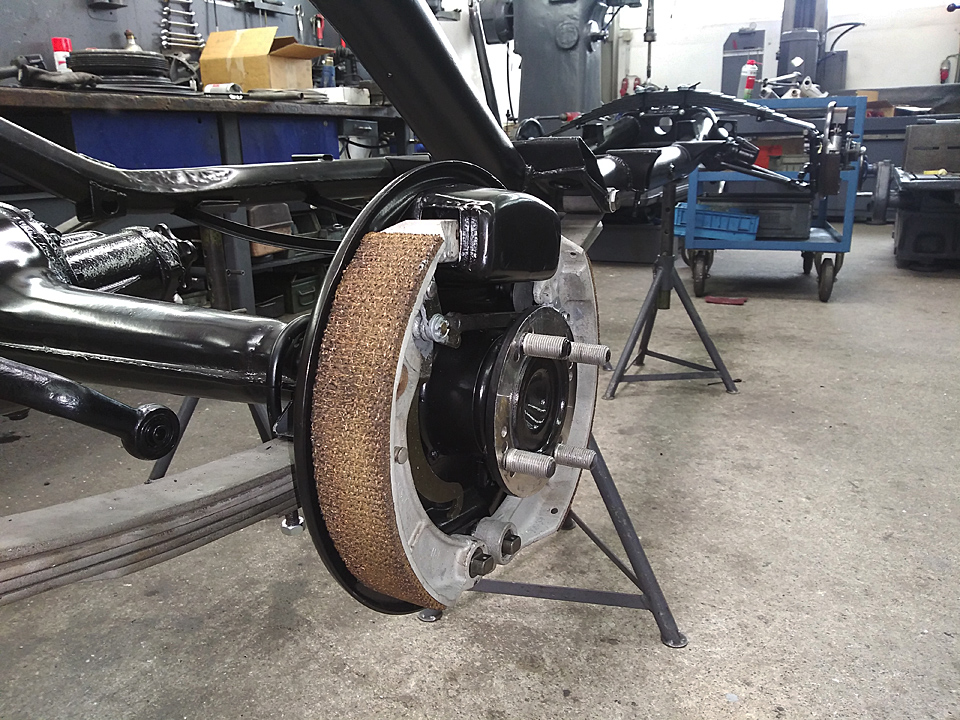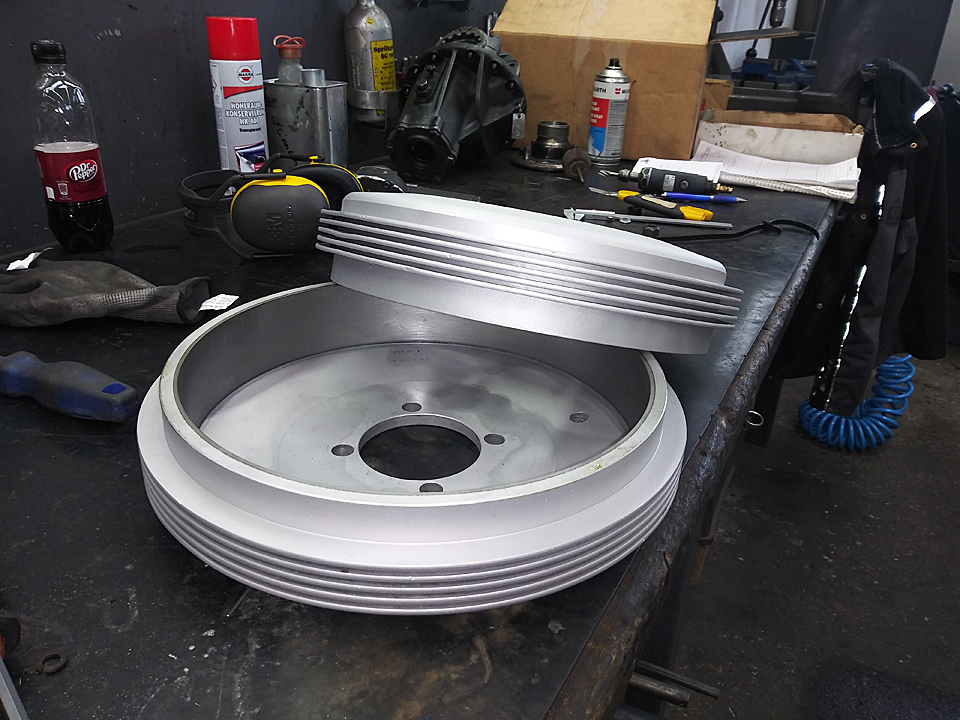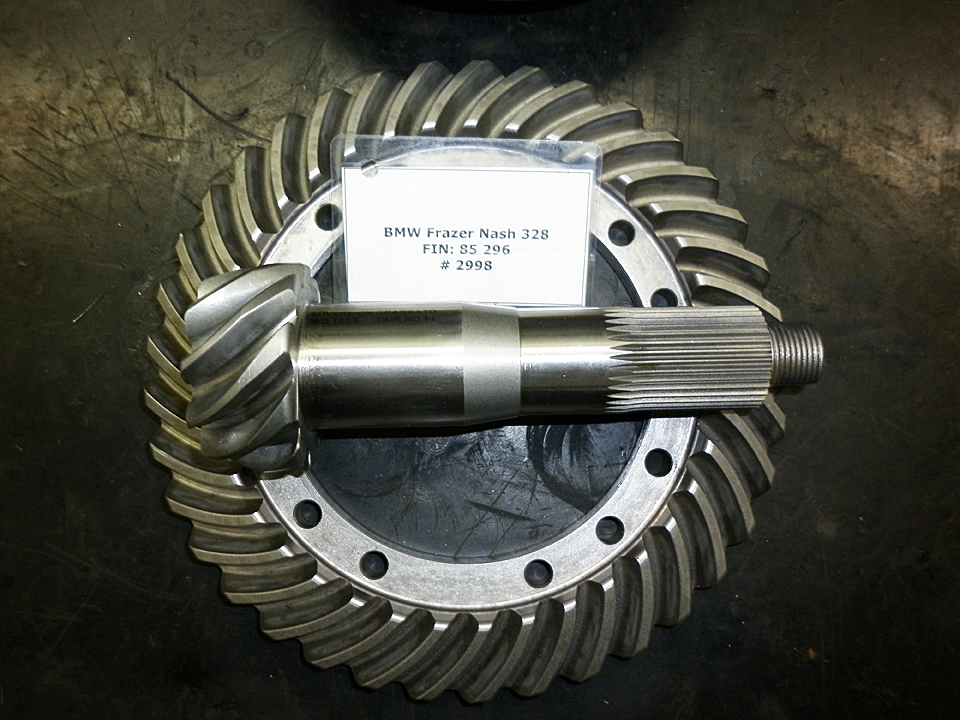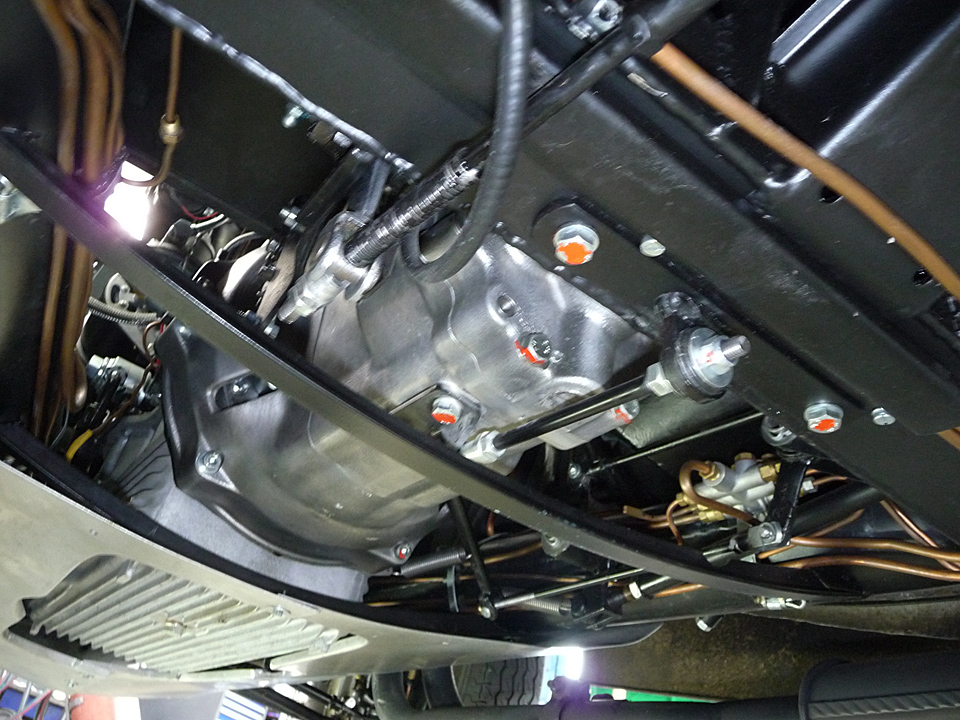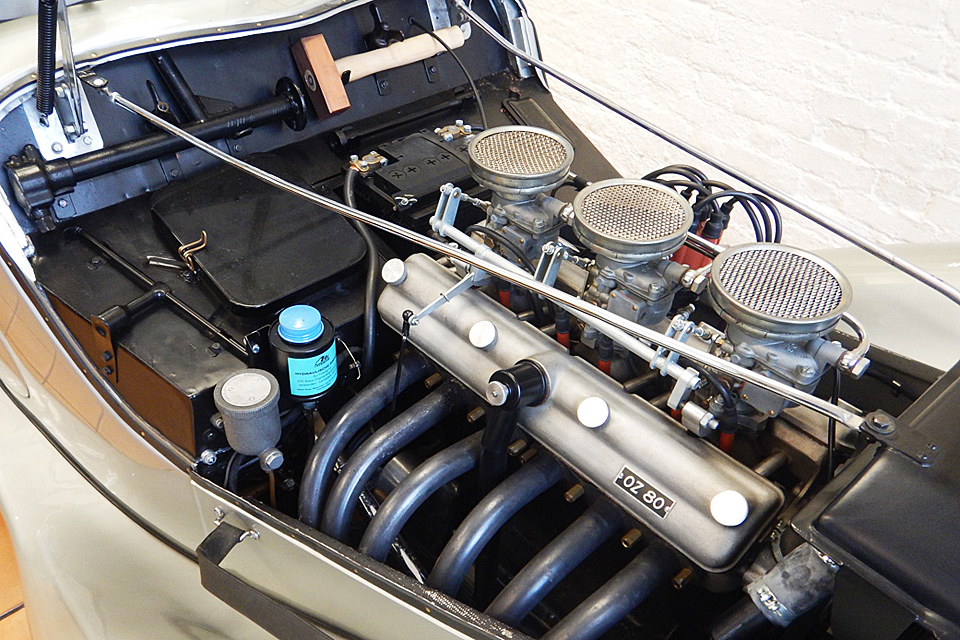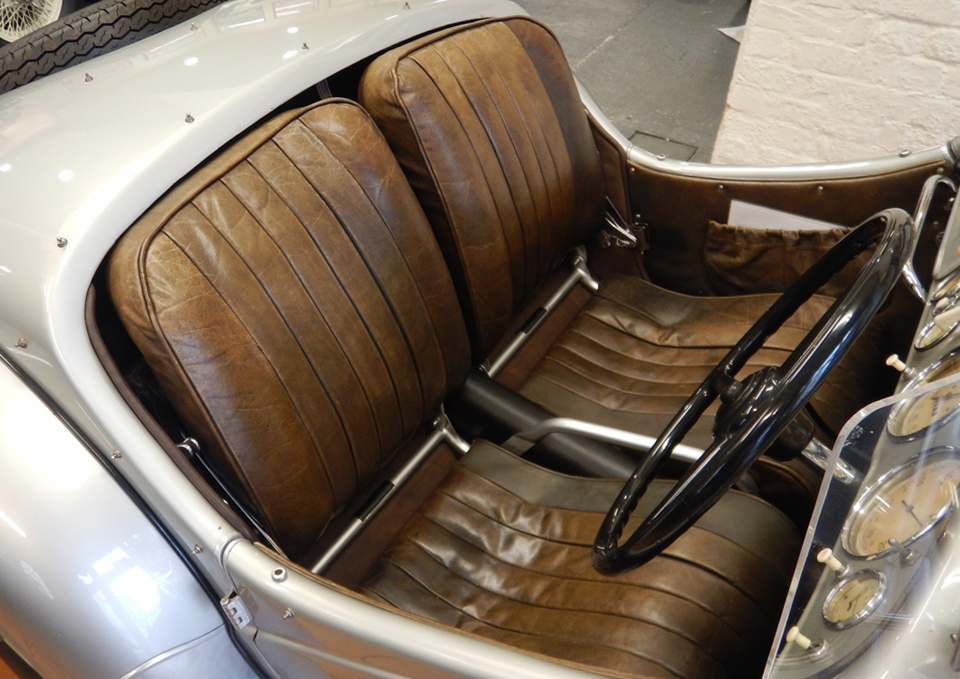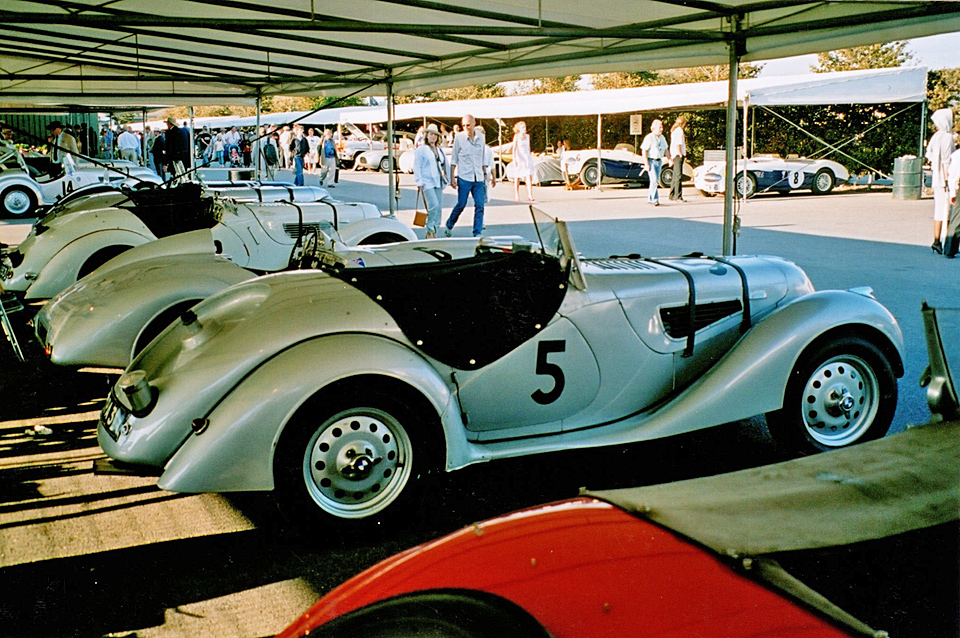Chassis No: 85296
U.K. Registered: JPA 3 (From New)
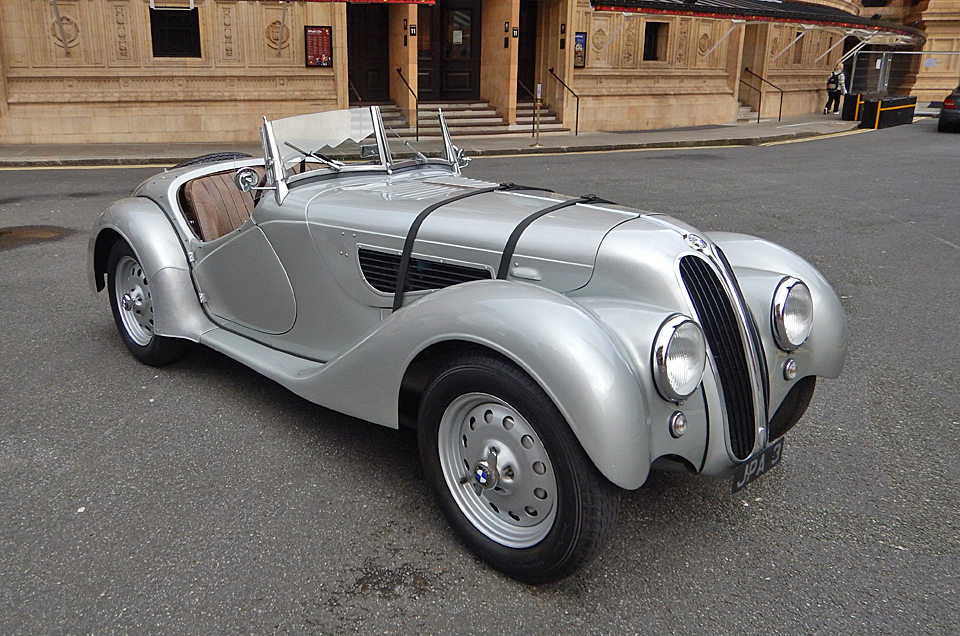
BMW’s emergence as a manufacturer of sportscars can be traced back to the annual Eifelrennen event held at the Nürburgring on 14th June 1936. It was here that Ernst Henne beat a field that included 1½-litre monoposto racing cars driving the prototype of what would become the ‘328’. The fact that this overwhelming victory had been achieved only eight years after BMW’s establishment as an automobile manufacturer is all the more remarkable.
BMW’s Chief Engineer Fritz Fiedler turned accepted chassis design on its head, coming up with a frame that combined lightness and stiffness in equal measure and which allowed the use of relatively soft springing with all its attendant advantages. Lacking the resources of their larger and longer established rivals, BMW chose to develop the best bits from their existing model range. The 328 employed the tubular chassis, transverse-leaf independent front suspension and live rear axle from the 319; the cylinder block and hydraulic brakes from the 326; and a body incorporating stylistic elements of the 319 and 329.
The 328’s six-cylinder engine featured an ingenious new cylinder head, designed by Rudolf Schleicher, which incorporated hemispherical combustion chambers and inclined valves without recourse to overhead, or twin camshafts. Instead, the engine’s single, block-mounted camshaft and pushrod valve actuation were retained. Two rocker shafts were employed, one situated above each bank of valves making the engine look like a twin-overhead-cam design. Down-draught inlet ports contributed to the motor’s efficient breathing.
The 328 engine produced 80bhp, an a decent output for a normally aspirated 2.0-litre unit at that time but with plenty more available in race trim and engine tuners will routinely achieve 130 -140 from the post war Bristol built units. On the track the 328 reigned supreme, winning its class at the Mille Miglia, Le Mans, Spa 24 Hours and Britain’s Tourist Trophy.
This was the first truly modern sportscar and the Aldington Brothers whose Frazer Nash company already sold BMW’s in Britain were quick to see the potential of the new model. Remarkably the third prototype was a right hand drive model that H.J. Aldington and A.F.P. Fane drove in the 1936 French Grand Prix. The same car covered 102 miles in an hour at Brooklands in the hands of journalist racer, Sammy Davis. The BMW factory built a total of 464 cars of which 45 were built to special order with right hand drive and marketed as the Frazer Nash BMW.
Chassis 85296 is one of the 45 and was delivered to its first owner, Gordon Wood in 1939. All of the subsequent owners are known largely due to the research of Michael Barker, Managing Partner of the Midland Motor Museum in Bridgnorth and this cars custodian for 23 years from 1972 to 1994.
Gordon Wood 1939 – 1939
Brown Cave 1939 – 1953
Gordon Wilkins 1953 – 1954
George Corser 1954 – 1954
Hamlett Helliwell 1954 – 1961
Charles Firth 1961 – 1962
Brian Fidler 1962 – 1968
Harry Fidler 1968 – 1972
John Boocock 1972 – 1972
Michael Barker 1972 – 1994
Philip Selwyn-Smith 1994 – 2003
Michael Parr 2003 – 2011
Current Owner 2011 – 2025
Significantly, in 1980 Barker tracked down the first owner, Gordon Wood. A letter from him is on file and in it he gives an account of an early adventure:
“The only competition that I entered was the French Alpine Rally in July 1939. I had not had any experience of this type of ‘car breaker’ trial, having only been in JCC or RAC events in the U.K. Consequently after the second day of storming pretty rough passes in the French Alps I had no tyres left and no facilities arranged! However the car completed the rally and put up reasonable times. We were only beaten in the Aix les Bains tests by the Works BMW team”.
Barker himself was a keen competitor and was First in Class in the Coronation Rallies of 1986, 1987, 1988 and 1989. In addition there is a picture that shows him setting off with his wife for the start of the 1990 Monte Carlo Challenge.
After 24 years of ownership JPA 6 was sold in 1995 to Philip Selwyn-Smith of Trowbridge in Wiltshire. He too competed with the car and kept it until 2003 when he sold it to Michael Parr who was also a racing enthusiast. In his care the car made numerous appearances on the track including the Le Mans Classique and Goodwood Revival.
The current owner bought the car in 2011 and promptly entered the Flying Scotsman Rally with James Ewing as his navigator. Numerous events followed until the decision was taken to restore the car. In late 2017 Thomas Feierabend, the ultimate marque expert was commissioned to make an examination with a view of making a complete mechanical overhaul whilst leaving the body and trim as original as possible.
What followed was remarkable not only in the detail that was gone into but also that every operation was recorded and photographed in a file that contains over 2,000 pictures. The car was stripped to the chassis, which was then blasted and and set on a jig. The chassis elements were then dis-assembled, checked for corrosion, trued and re-assembled. Following this the engine was rebuilt with new rods, pistons and bearings and a new cylinder head. A new Hirth type gearbox was installed, the rear axle was rebuilt along with the front suspension, brakes, steering, fuel system and electrics. Everything was done and photographed for good measure.
These works took over two years at a cost of 400,000 Euros. The car was only delivered back in late 2020 and since that time the it has had very light use and has barely covered 1,000 miles. As so often happens the owner’s attentions had been diverted elsewhere.
A 328 is a delight to drive and a good one is sublime. You will enjoy tractable power, light precise steering, powerful brakes and suspension and damping that actually works. It is not surprising that they are the weapon of choice at the serious end of historic rallying. They are equally adept on the race track, but approach with caution; if you enter an event and perform poorly the world will know its not the car that’s at fault.
JPA 6 is offered for sale in exemplary condition. The mechanicals speak for themselves but the paintwork is also excellent complimenting the patinated leather and delightfully aged instruments. There is full weather gear that includes a soft top, tonneau covers and side screens. The car has a full set of undertrays, although not currently fitted. In addition there is a spare gearbox and the original cylinder head. Three files of paperwork are included.
If you have gotten this far you don’t really need me to tell you but it is of course eligible for the most prestigious events including the Goodwood Revival, the Mille Miglia, Le Mans Classic, VSCC racing, Flying Scotsman, etc, etc.
